Finding God in Silence
Note: This was originally published in our bi-weekly e-newsletter, Liminal Spaces. To get future issues delivered to your inbox (and get our ebook for free!), sign up here.
“Go, sit in your cell, and your cell will teach you everything."
-Abba Moses
Just a stone’s throw from St. Paul’s Cathedral in the heart of London lies the incredibly well-preserved remains of a 14th-century Carthusian monastery. Established during the height of the bubonic plague, an order of reclusive French monks came to England to help bury the tens of thousands of people struck down by the Black Death. They soon founded a monastery, and a visit today reveals remnants of the tiny cells the isolated hermits inhabited. These contemplative monks completely withdrew from the world in austere privation to create the necessary space to encounter the Divine. Their aim was twofold: to detach themselves from the illusory and often fleeting aspects of life so that they could have room to commune with the very source of their being.
Unlike the Medieval world, almost every moment of modern life is filled with noise, distraction, and mind-numbing entertainment. Inundated with the absurd, our lives not only become void of meaning but almost entirely superficial. “It is difficult for our souls to catch up with our minds and bodies,” writes David Keller in his book Desert Banquet: A Year of Wisdom From the Desert Mothers and Fathers. That’s why most of us need an intentional time and place for solitude.
Thankfully, you don’t need to join a monastery to experience the transformative power of detachment. You can create your cell right where you live. I recently carved out a quiet spot in our unfinished basement to retreat from the world. There’s nothing magical about it, but it is my cell, my little hermitage far from the madding crowd. I go downstairs, light a candle, burn some incense, and simply sit in silence for as long as my heart requires. It’s often not even very spiritual, but this daily discipline of detachment is my little resistance to the constant call of the crazy. In my cell, I don’t have to do anything, I just have to be. And in being I experience the proximity of the Divine. As Thomas Merton wrote, “As soon as you are really alone you are with God.”
So here is my question to you. Where is your cell? Where can you go to be still, to wait and watch for the real, to withdraw from the futile while drawing near to the sacred? It doesn’t have to be fancy, but it does require intentionality and austere discipline. Your cell will become the “inner and exterior location where you open yourself to another world,” encourages Keller. And if you can find God in the silence of your cell, you will find Her in the hurly-burly whirlwind of life itself.
Gary Alan
The Sophia Society & Holy Heretics Podcast

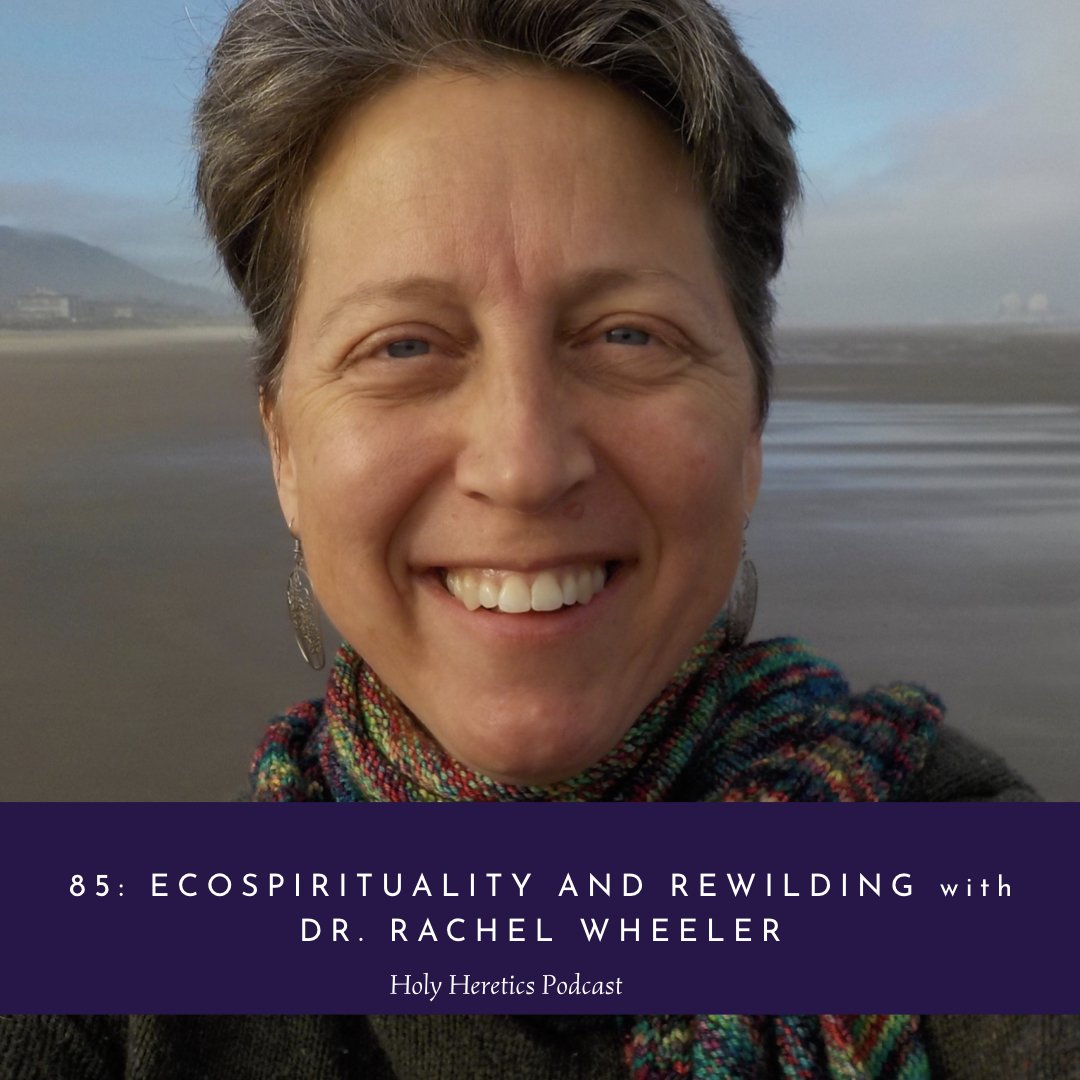
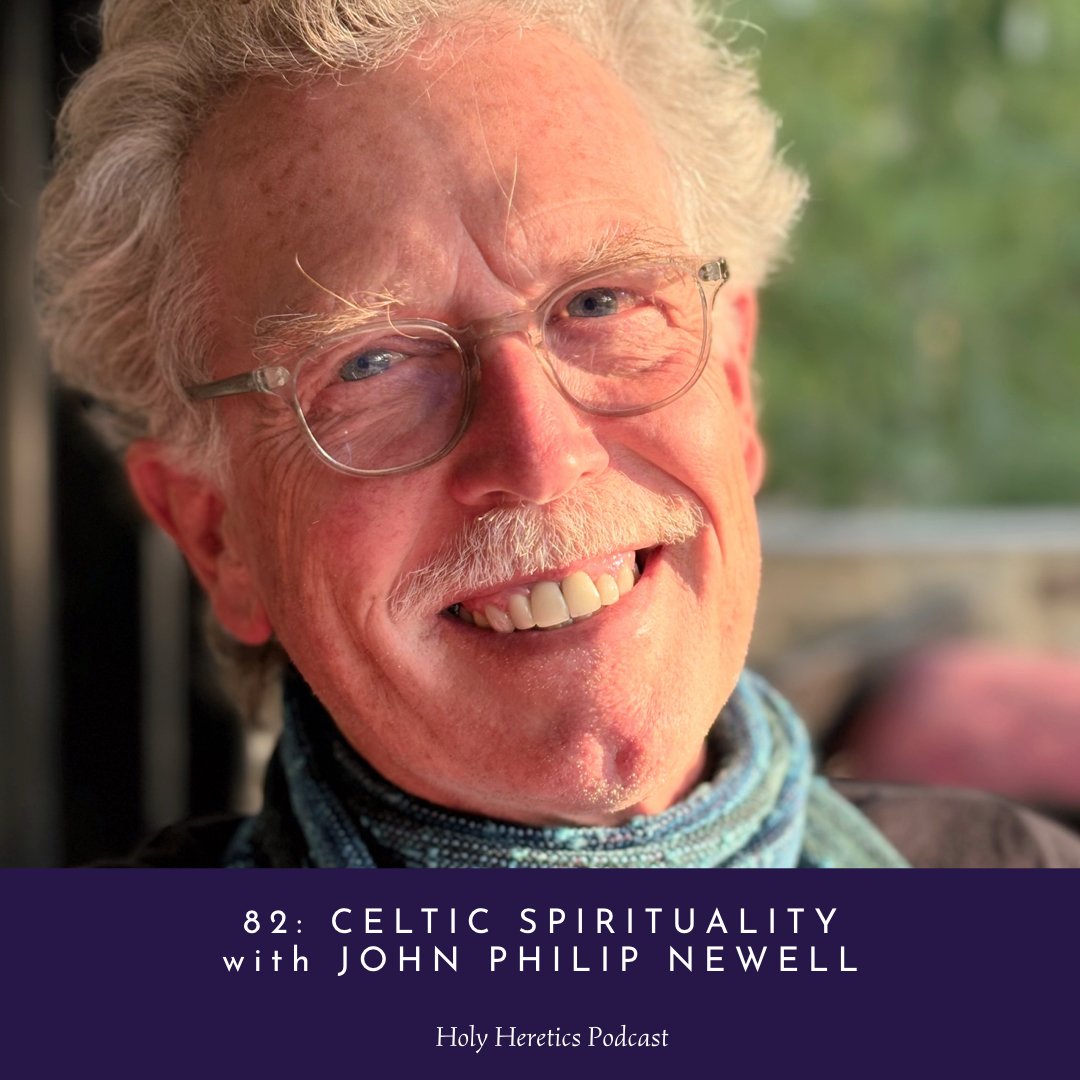
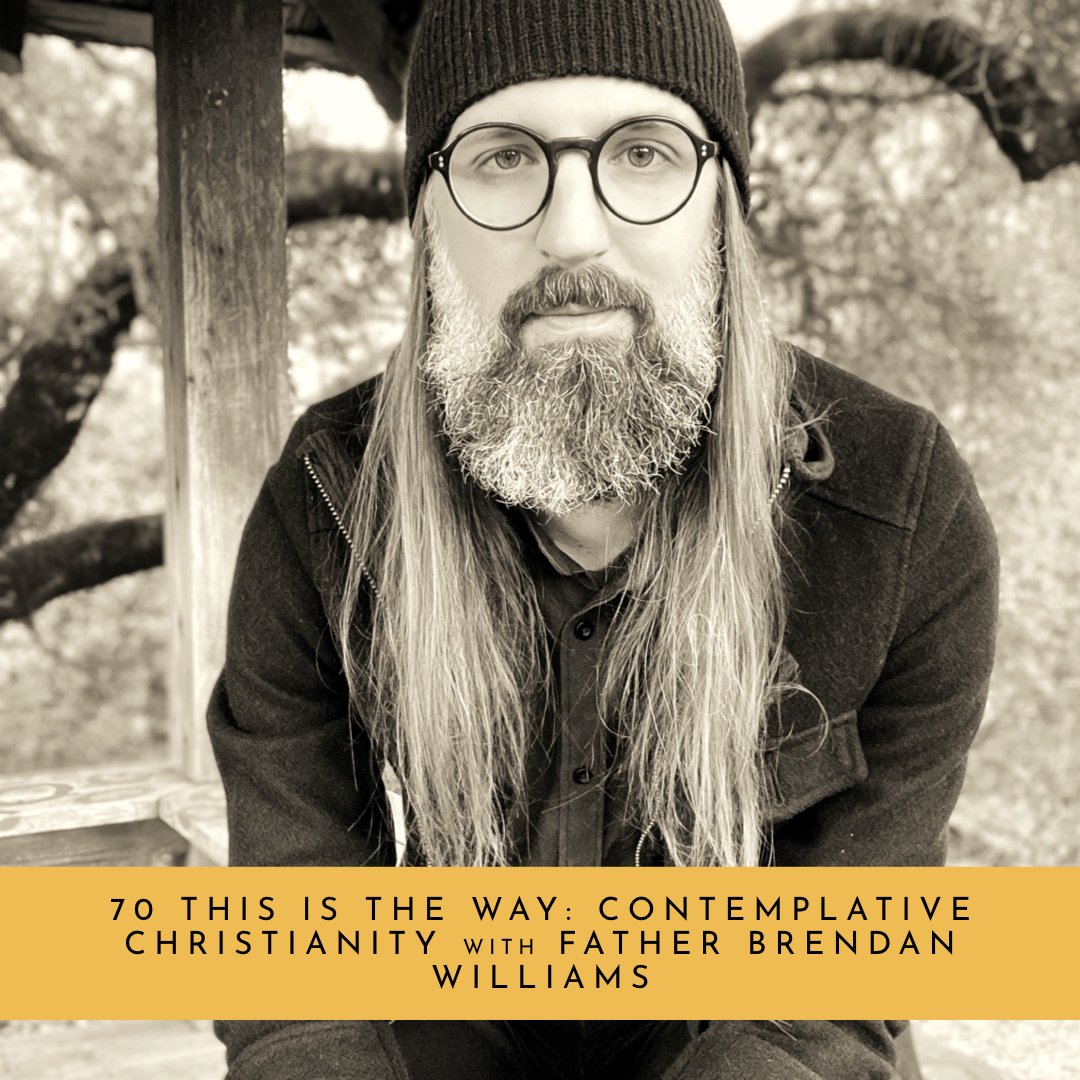

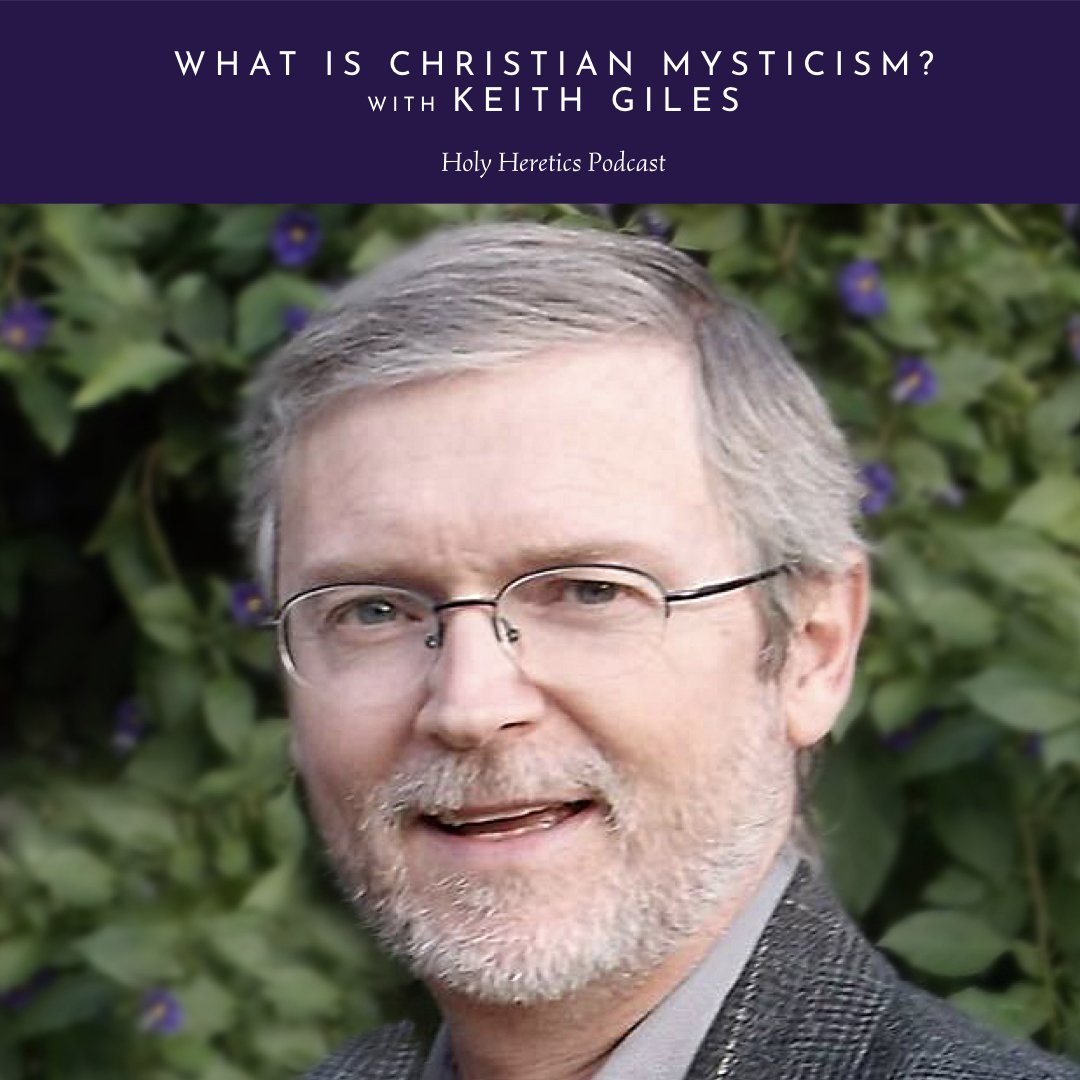
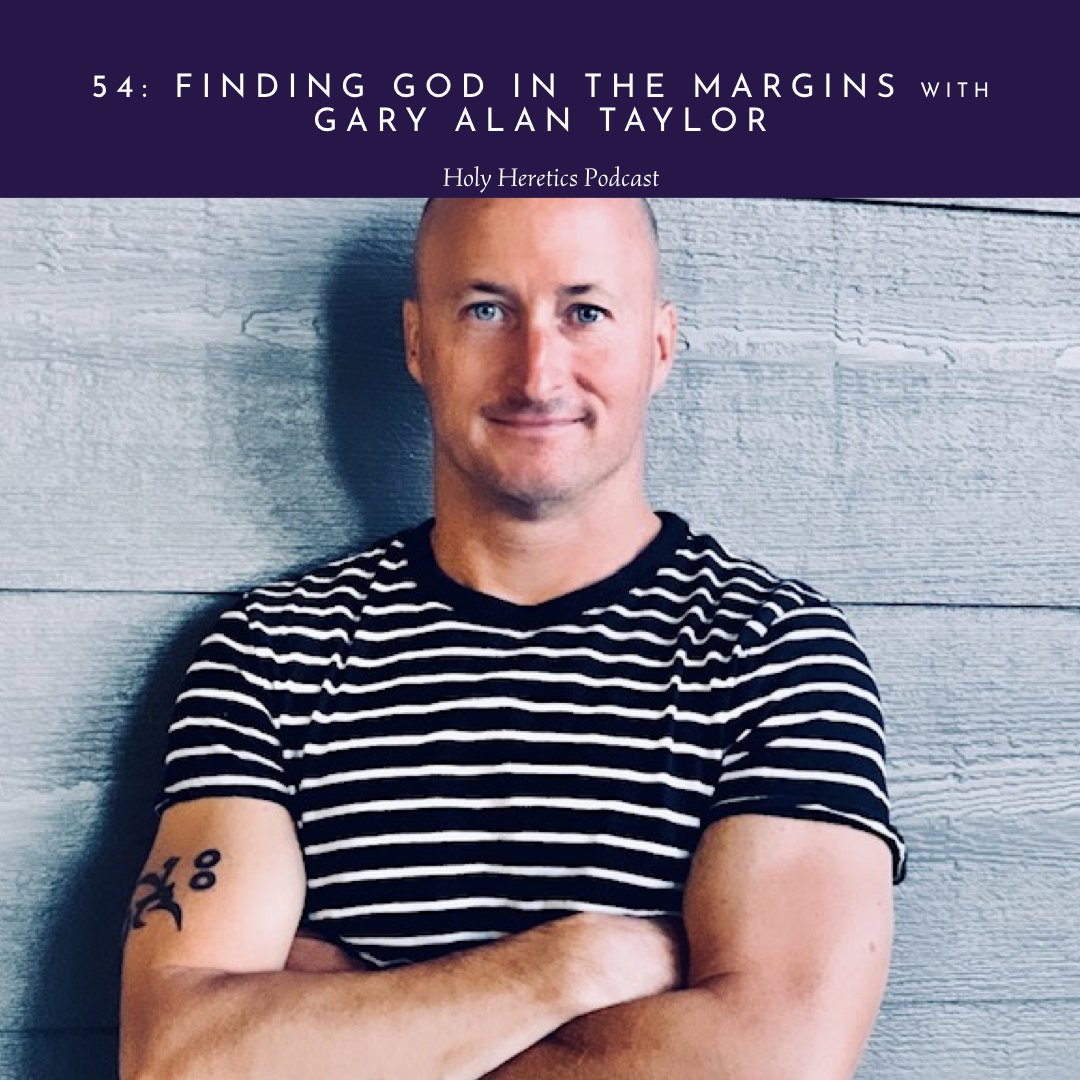
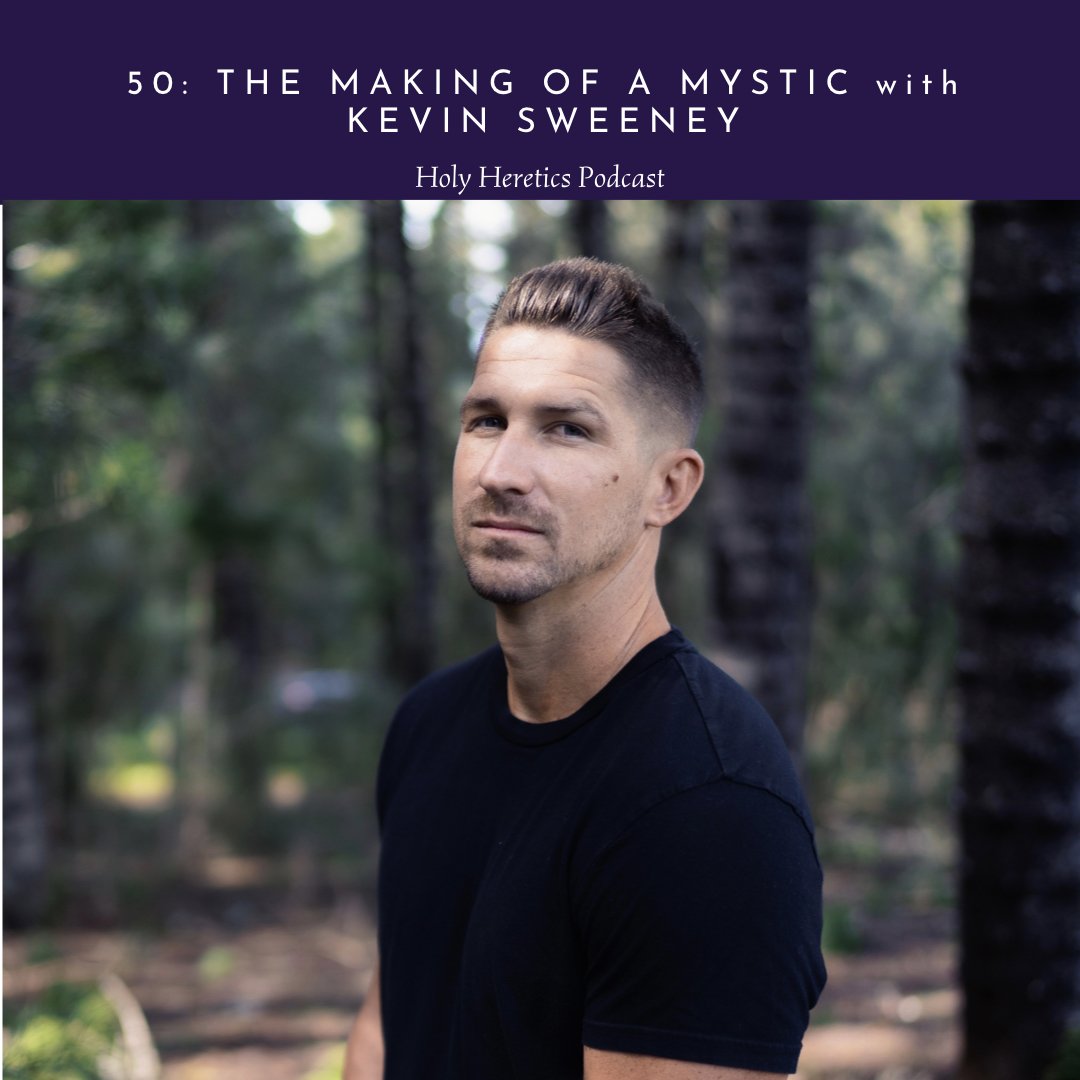
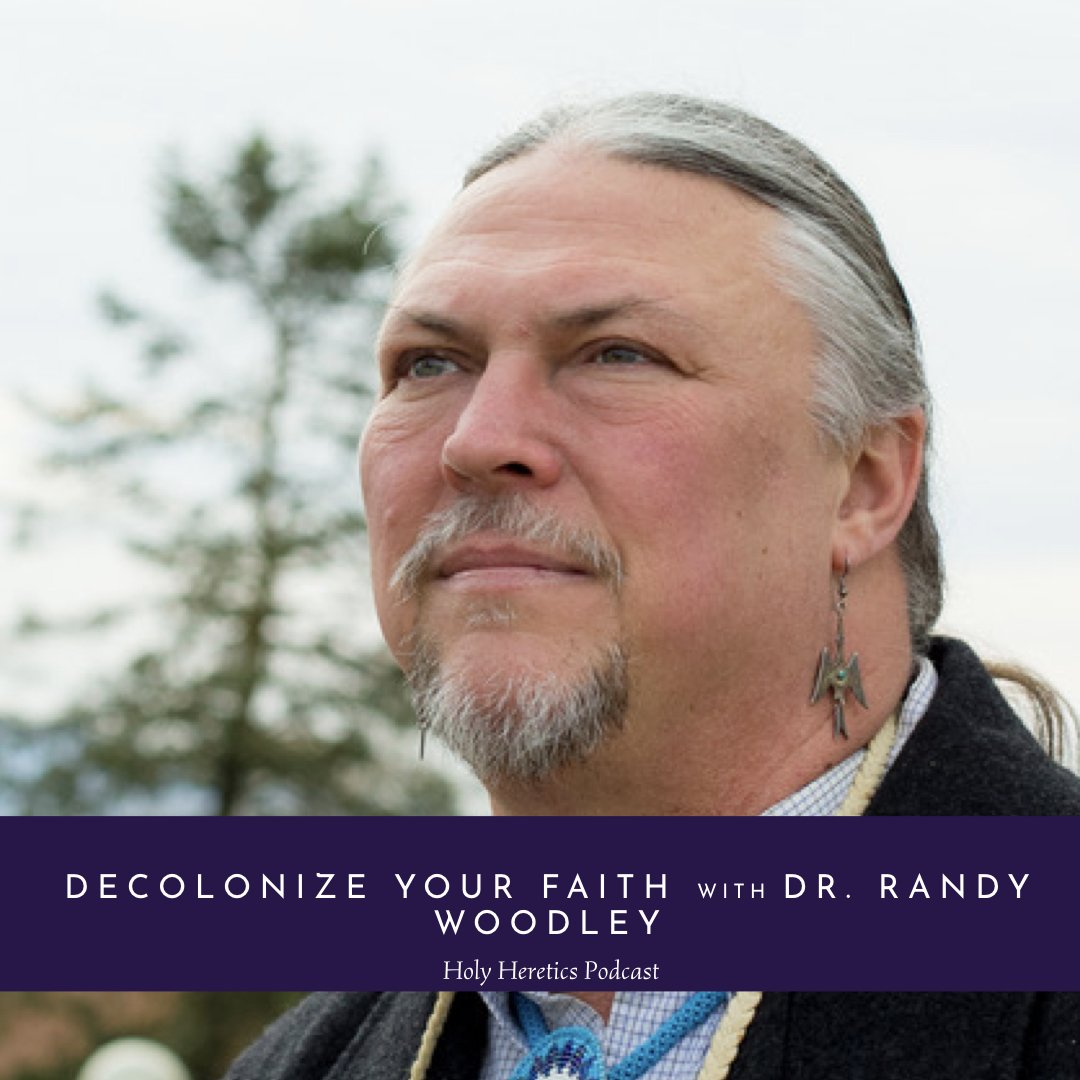
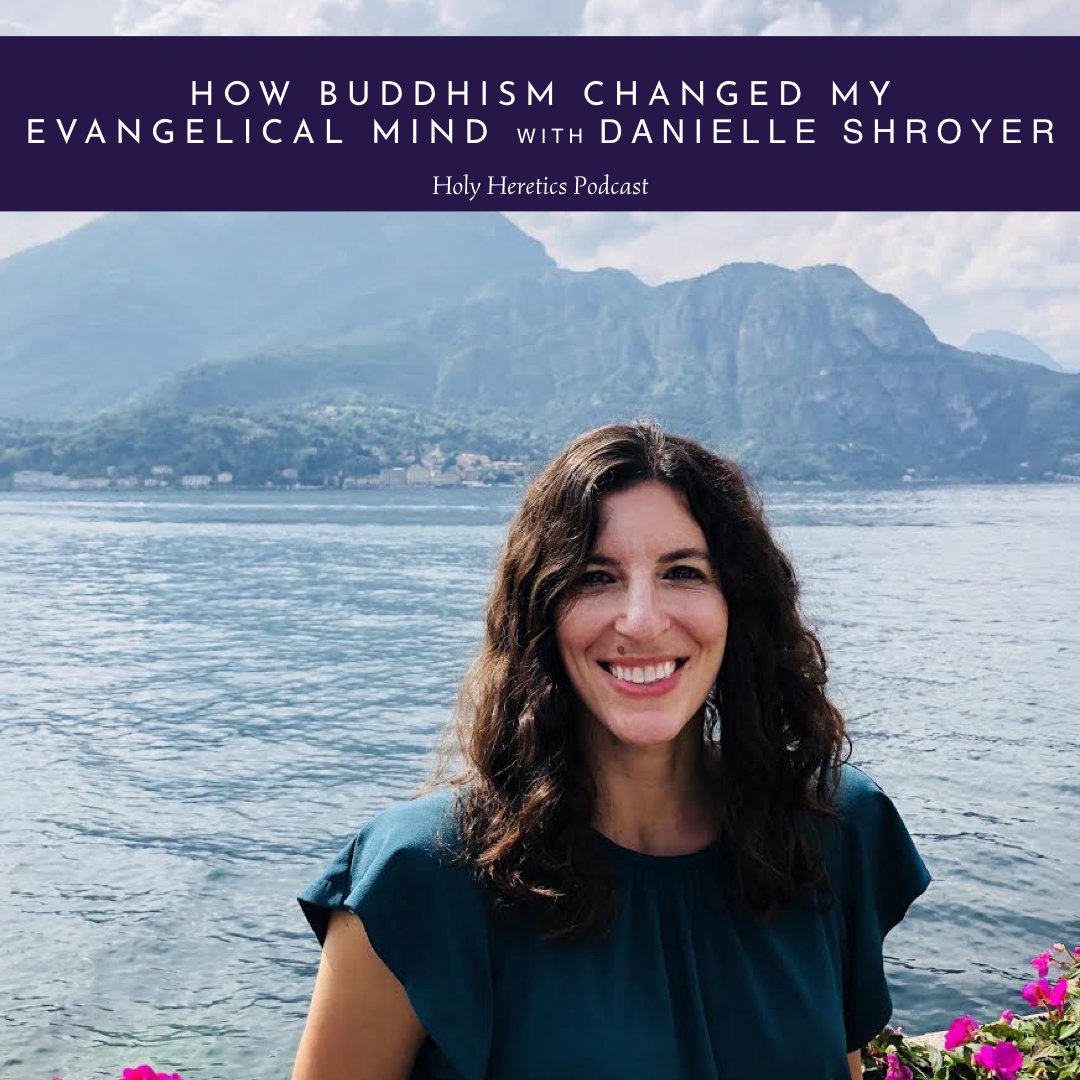
Growing up evangelical required a preoccupation with external behaviors and moral performance, or what I now understand as sin management. The more you controlled, hid, or projected your external behaviors onto others, the closer you were to God. Leaving evangelicalism meant finding deeper streams of spiritual wisdom. Instead of this hyper-fixation on what I was doing, inner Christianity helped me recognize God’s eternal presence at the core of my being.